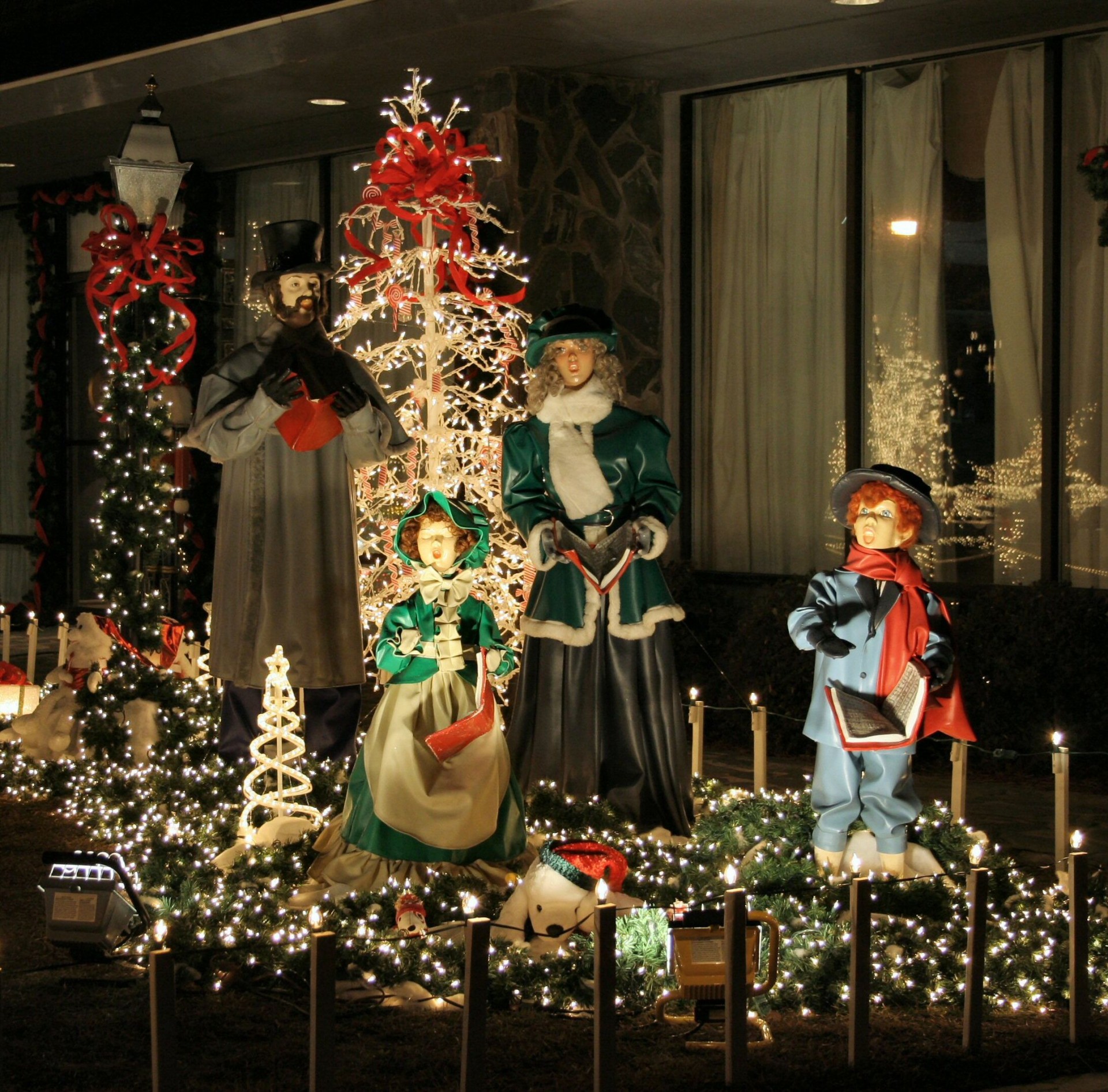
Snow is falling outside in the northeast, and that means two things for many musicians: marching season is ending and it’s time to start brushing up on Christmas carols.
Musicians often study the history of a piece’s composition in order to learn how to play the piece with proper context, yet not many know the history behind the Christmas carols they are performing.
Before 1840 in England, many Christmas traditions were banned because they were seen as pagan. This changed when Prince Albert married Queen Victoria. He brought with him the German tradition of Yuletide which mixed with England’s Christmas traditions.
The blending of English and German traditions created several new traditions such as the Christmas tree, exchanging of gifts, Christmas cards and of course, new music.
Many of the popular Christmas songs we know today were written in the 19th century, such as “Silent Night,” “Joy to the World,” “Hark! The Herald Angels Sing,” “Jingle Bells” and “Up on the Housetop.”
There were also many Christmas songs that were re-written during this time period. “Adeste Fideles” was translated to English in 1841. Several lyrics were added to “O Christmas Tree” in 1824. Three songs were re-arranged in 1871: “The First Noel,” “God Rest Ye Merry Gentlemen” and “Here We Come A-caroling.”
At first, most people heard Christmas carols inside of pubs. This is because many Christmas carols started off as folk songs to dance to. Many of them were re-written in the 18th and 19th centuries to make them more coherent and Christian. One example of this can be found in “Hark! The Herald Angels Sing.” The original beginning, as written by the co-founder of Methodism Charles Wesley, was:
“Hark how all the welkin rings
Glory to the King of Kings
Peace on earth and mercy mild
God and sinners reconciled.”
Preacher George Whitefield later published a new version with these lyrics:
“Hark, the herald angels sing Glory to the new-born King!”
Wesley was not happy with the change. He wrote that he did not want to be held “accountable either for the nonsense or for the doggerel of other men,” according to the BBC. However, he is still the one credited for writing the piece instead of Whitefield.
Christmas carols have come a long way from being folk songs sung and danced in pubs. They are now performed in churches and just about every public venue around Christmas time. Musicians will likely be performing these carols for many years, which is why it is worth it to study their history.

Leave a comment